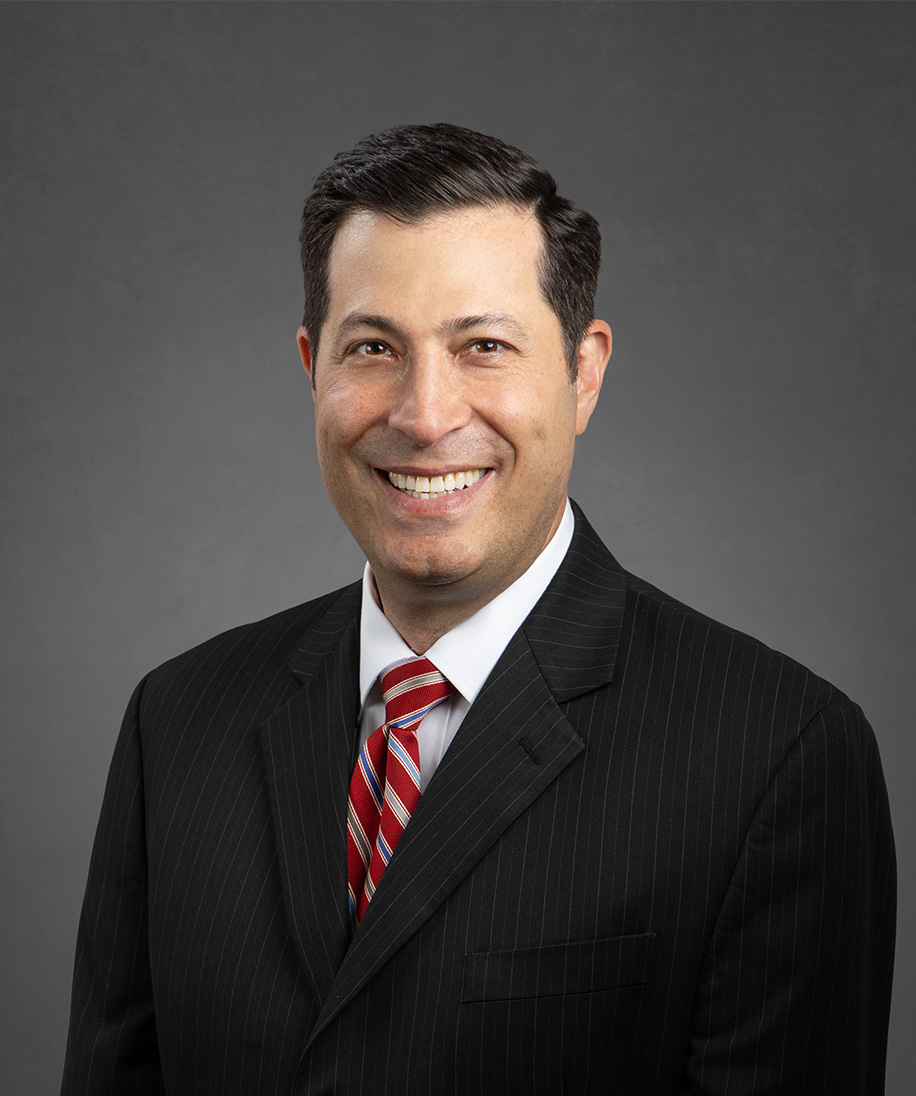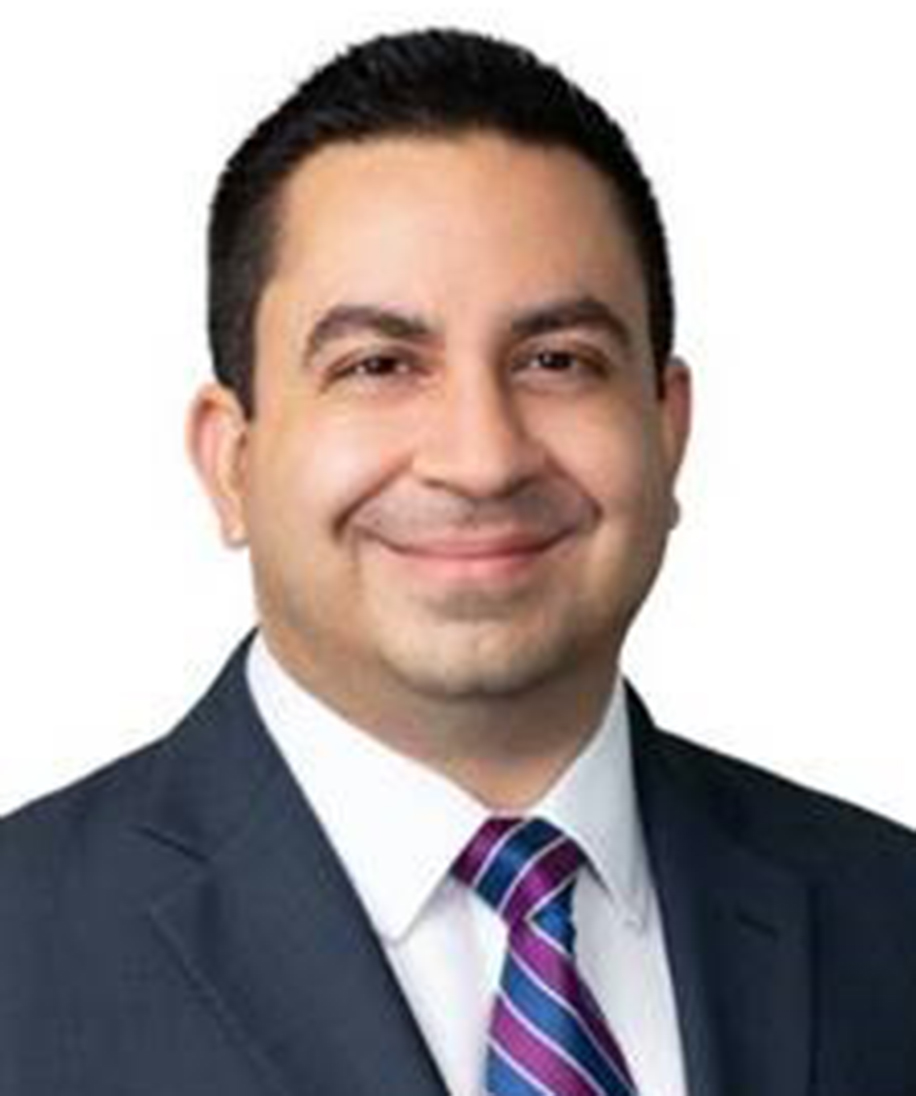Client Alert
Amendments to New York City’s “Ban the Box” Law Bolster Its Protection of Applicants and Employees
September 03, 2021
By Marc E. Bernstein& Kaveh Dabashi
New York City’s Fair Chance Act (commonly known as the “Ban the Box” law) was amended, effective July 29, 2021. The amendments expand protections for applicants and employees with criminal histories. On July 15, 2021, the New York City Commission on Human Rights updated its Legal Enforcement Guidance (available here) to clarify the effect of the amendments.
The expanded protections are in six key areas:
- The FCA now applies to current employees and independent contractors—not just applicants. Now, before taking an adverse employment action against any of these individuals based upon their criminal history, the employer must conduct the Fair Chance Process.
- “Criminal History” now includes pending arrests and pending criminal accusations—not just prior convictions. Any of these events now triggers the Fair Chance Process.
- Employers cannot ask about or consider “non-convictions,” which include: adjournments in contemplation of dismissal; termination in favor of the individual; adjudication as a youthful offender; convictions for “violations” (such as trespass or disorderly conduct); sealed convictions; and convictions for “non-criminal” offenses under the laws of another state (i.e., any other state’s equivalent of a New York “violation”).
- Employers must now conduct background checks in two stages to ensure that the decision-maker does not have access to criminal information prior to a conditional offer. Only after being satisfied with the applicant’s non-criminal information and extending a conditional offer can the employer inquire into the applicant’s criminal information.
- The well-established Article 23-A factors continue to apply when an employer is assessing an individual’s past criminal history (for example, a theft conviction from five years before an individual applies for a position). The amendments, however, extend the FCA’s protection to pending cases. Under a separate (but similar) set of factors, employers must assess whether cases or convictions that occur either during an employee’s employment, or during an applicant’s application, should impact the individual’s employment status. The factors are: (i) New York City’s public policy to overcome stigma of individuals with criminal histories; (ii) the specific duties necessarily related to the at-issue position; (iii) the bearing of the criminal offense on the individual’s ability to perform those duties; (iv) whether the individual was 25 years of age or younger at the time of the occurrence; (v) the seriousness of the offense; (vi) the employer’s legitimate interest in protecting property and the safety of specific individuals or the public; and (vii) any additional information produced by the employee or applicant regarding rehabilitation or good conduct.
- The Fair Chance Process is now slightly more comprehensive. Applicants now have five business days—not three—to respond to a Fair Chance Notice informing them about the employer’s Fair Chance Analysis. Current employees may also take paid (or unpaid) leave during the Fair Chance Process. And if an employer suspects an applicant has “intentionally misrepresented” his or her criminal history, the employer must (i) provide the applicant with a copy of any information supporting the employer’s belief that an intentional misrepresentation has occurred, and (ii) afford the applicant five business days to respond. If the applicant credibly demonstrates either that the information was not a misrepresentation, or that the misrepresentation was unintentional, the employer must perform the Fair Chance Analysis before taking any adverse action against the applicant.
Protections for New York City employees and applicants with criminal histories continue to grow. Employers should therefore ensure that all hiring decision-makers and Human Resources personnel are familiar with the FCA’s new requirements. Employers should likewise confirm that all hiring policies and procedures comply with the new requirements.
Contributors


Practice Areas
For More Information

